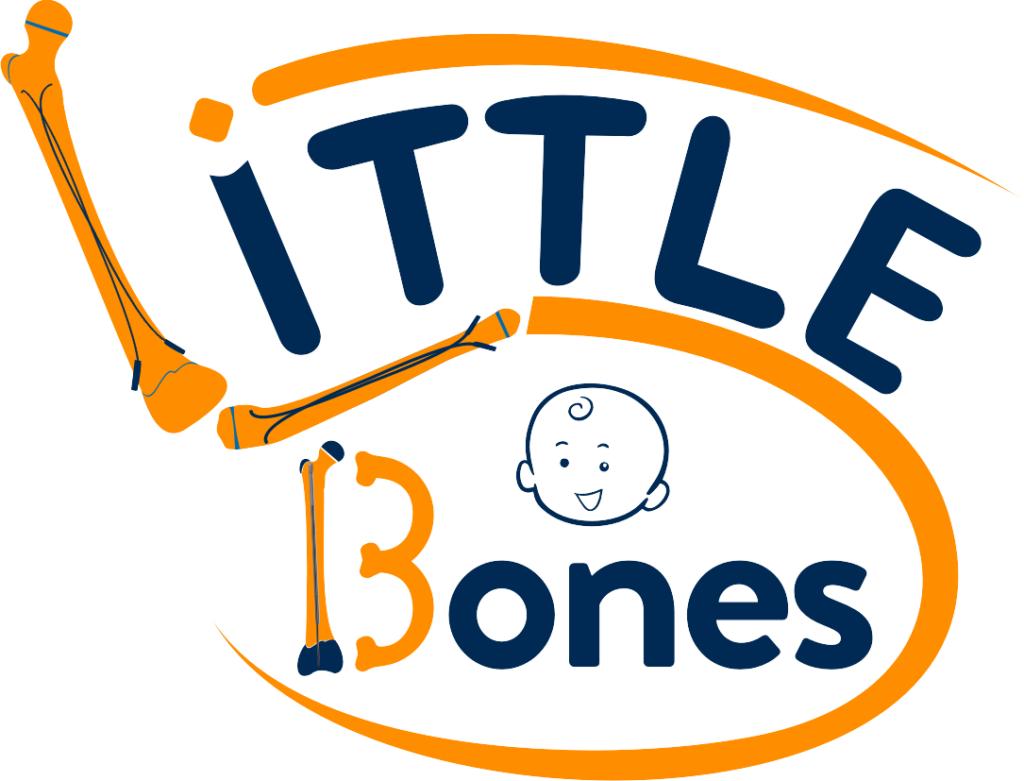An improperly formed hip joint, known as developmental dysplasia of the hip (DDH), can cause pain, limit movement, and even lead to arthritis. Although DDH is more common in newborns, adults may also suffer from it if early signs go unnoticed. As a result, early detection is crucial. While physical therapy and braces are often used, surgical solutions for DDH may become necessary when conservative methods fail. Exploring the right solutions for DDH can help improve mobility, reduce discomfort, and support long-term recovery. Therefore, if you or a loved one is dealing with this condition, it’s important to understand your treatment options early.
Developmental Hip Dysplasia: What is it?
In DDH, the hip socket does not fully cover the ball of the upper thigh bone. This can lead to joint instability or even dislocation. This may impair the hip joint’s natural range of motion and produce pain or discomfort. Even though DDH is frequently discovered in infancy, modest symptoms cannot be detected until later in life.
DDH symptoms can include:
- discomfort or pain in the groin or hip region
- A visible limp or trouble walking
- restricted hip joint range of motion
Non-invasive therapies like physical therapy or braces might work well for mild instances. Surgery for DDH in Indore, however, can be the best option if treatment is not received or if the condition is more severe.
Advantages of DDH Surgery
Relieving pain, enhancing hip function, and halting the emergence of long-term problems are the primary objectives of surgery for DDH. Among the main advantages are:
Pain relief:
By addressing the underlying source of DDH-related pain and discomfort, surgery can enhance quality of life.
Increased mobility:
Surgery to realign the hip joint can help the patient walk and move more freely by restoring a normal range of motion.
Arthritis prevention:
Arthritis and other chronic joint problems can be avoided with early surgical intervention.
For those who suffer from this crippling illness, surgery for DDH can significantly enhance their quality of life. Surgical methods offer a feasible route to recovery if non-surgical therapies are ineffective or if the problem is causing excruciating pain or immobility. To determine the best course of treatment for your illness, you should first consult an orthopaedic surgeon specialising in hip issues.
Many people with DDH can restore their freedom of movement, lead active lives, and lower their risk of long-term problems with the right surgical surgery. For the most outstanding results, seek out skilled care and thoroughly understand your treatment choices if you’re thinking about having surgery for DDH in Indore.

